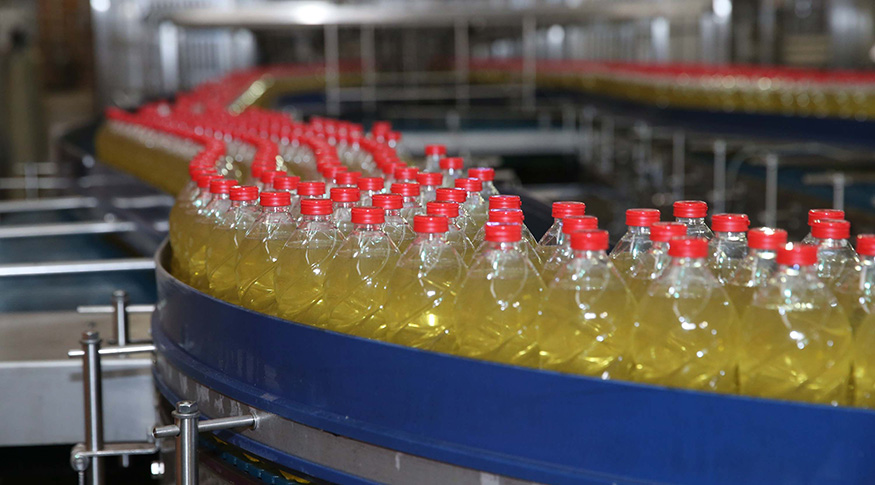IPP
With a change of 0.06% in February, industry prices are positive again
April 02, 2024 09h00 AM | Last Updated: April 10, 2024 01h05 AM

After three consecutive months of negative figures, national industry prices changed by 0.06% from January to February. With this result, the producer Price Index (IPP) has a cumulative drop of 5.16% in 12 months, the 12th negative one. In the year, there has been a cumulative change of -0.18% and it is the first negative indicator since 2019 (-0.30%). Data were released today (2) by the IBGE.
In February last year, the change compared to with that in the previous month was -0.29%. This year, the positive monthly result was widespread across 14 out of the 24 activities investigated in the survey. On this positive side, the sectors that contributed the most to the overall index were basic metals (0.12 percentage points), extractive industries (0.09 p.p.), and oil refining and ethanol products (0.08 p.p.).
However, the highlight was the food sector (-1.42%), which, in a general way, had the greatest impact on the national index (-0.35 p.p.). The result of this activity was impacted by the decline in prices of soybean products, rice, and fresh beef.
"There was the entry of the soybean and rice crop and an increase in cattle slaughter. This makes prices cheaper for the industry," explains Alexandre Brandão, the manager of Analysis and Methodology of the IBGE. "If it weren't for the negative result in the food sector, which accounts for about 25% of the industry, the index would have grown more in February," he adds.
In the basic metals sector, prices rose by 2.03% compared to those in January, the third consecutive positive result. This rate was the highest for the activity since May 2022 (2.05%). From January to February, the greatest influences accounting for the increase came from products in the group of non-ferrous metals, which have been affected by exchange rate fluctuations and input prices.
"There was an increase in iron ore prices, after a drop in a very hostile international environment", says the manager, who cites the depreciation of the real against the dollar in February as one of the factors that explains the rise.
In the extractive industries (1.79%), there has been inflation for the third consecutive month. In the year, the sector accumulates a 6.52% increase. "In this activity, Brazil follows the price movements of the international market and prices have been rising. The depreciation of the real against the dollar further intensifies this", says the manager.
Meanwhile, in oil refining and ethanol products (0.74%), the positive variation was mainly influenced by the increase in the price of ethyl alcohol. "The products that are the most important in this activity are petroleum derivatives, such as diesel fuel and gasoline, but the biggest impact this time came from ethyl alcohol, due to the momentary difficulty in sugarcane milling in certain areas", analyzes the expert.
In February, the broad economic categories exhibited the following behavior: capital goods (-1.05%); intermediate goods (0.12%); and consumer goods (0.21%). Within the consumer goods category, there was a change of 0.23% in durable consumer goods (DCG) and of 0.20% in semi-durable and non-durable consumer goods (SDND).
More about IPP
The IPP tracks the average change in sales prices received by domestic producers of goods and services, and their evolution over time, revealing short-term inflationary trends in the country. It is an essential indicator for macroeconomic monitoring and a valuable analytical tool for decision-makers, either public or private.
The survey investigates, in just over 2,100 companies, the prices received by producers, exempt from taxes, tariffs and freight, defined according to the most common commercial practices. Around 6 thousand prices are collected monthly. The complete IPP tables are available on Sidra. The next release of the IPP, for March, will be on April 30.




















